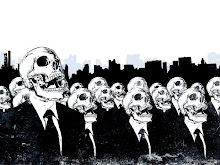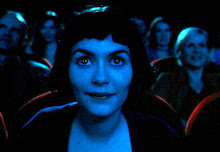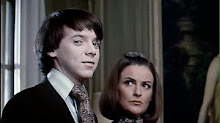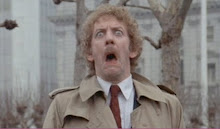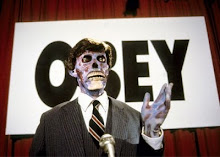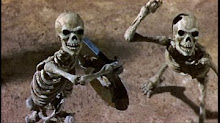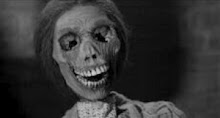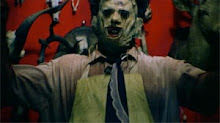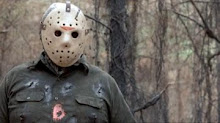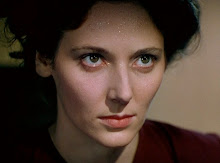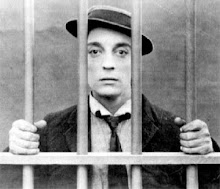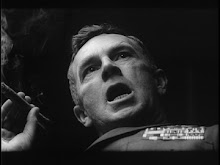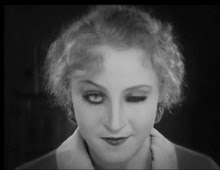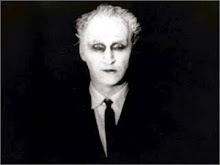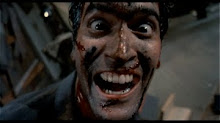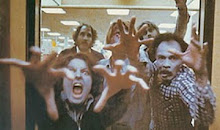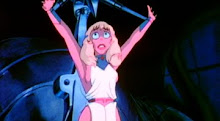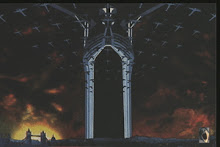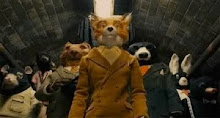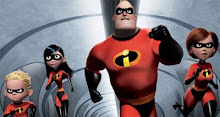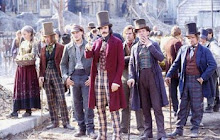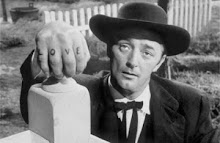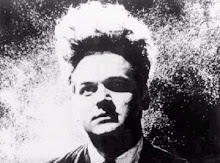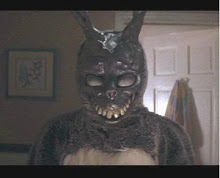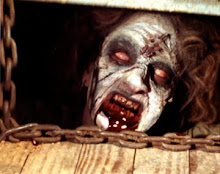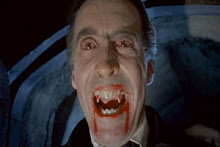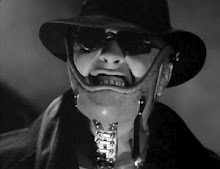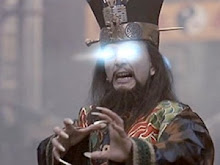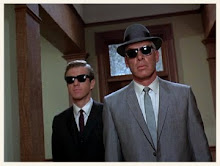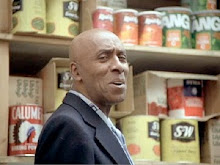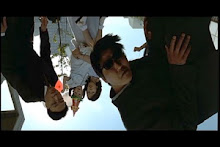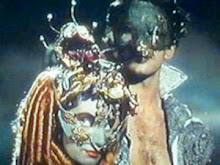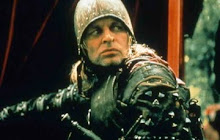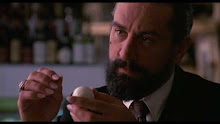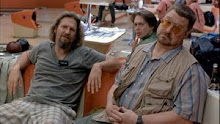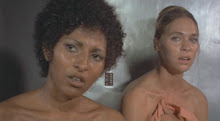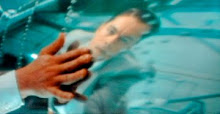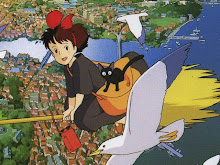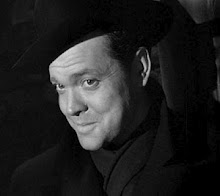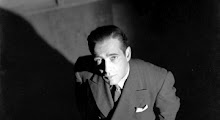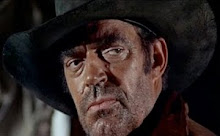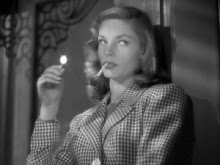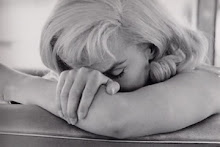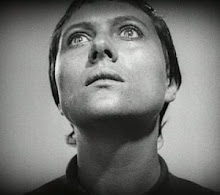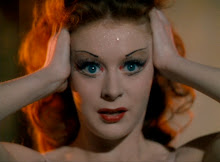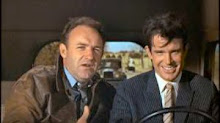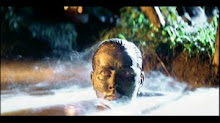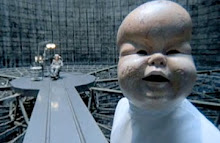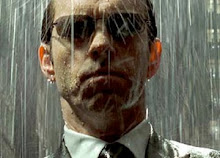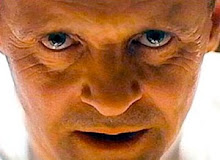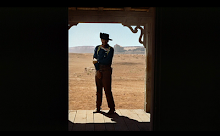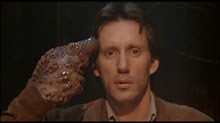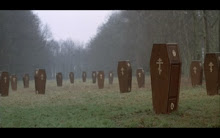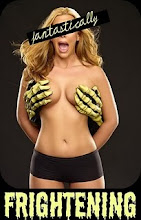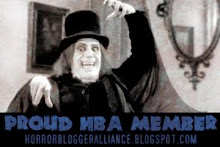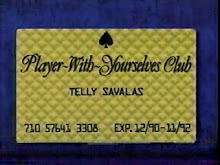The Man Who Was Thursday, G. Chesterson
The Everlasting Man, G. Chesterson
Nature Girl, Carl Hiasenn
Blonde Faith, Walter Mosely
The Abstinance Teacher, Tom Perotta
The Historian. Elizabeth Kostova
Star Wars And Philosphy
Spook Country, William Gibson
Game Change, John Heilemann, Mark Halpernin
The Name Of The Wind
Me Of Little Faith, Lewis Black
Mere Christianity, CS Lewis
Notes From A Small Island, Bill Bryson
Bad Asses, Ben Thompson
Hush, Jeph Loeb
Idenity Crisis, Brad Meltizer
Sandman Vol. 2, Neil Gaiman
Death Of The Stacys
Books Read
Storm Front, Jim Butcher
Mr. B Gone, Clive Barker
Gentlemen Of The Road, Michael Chabon
Odd And The Frost Giants, Neil Gaiman
Game Change John Heilemann, Mark Halperin
Audacity To Win David Pfoule
No Exit, Sarte
Me Of Little Faith, Louis Black
Elmore Leonard’s 10 Rules Of Writing, Elmore Leonard
Notes On A Small Island
Sabriel, Garth Nix

I’ve avoided Jim Butcher's Dresden books for a number of reasons. For one I’m pretty suspicious over any series that runs over ten books (Donald Westlake being the exception to the rule). For another thing I’m deeply suspicious of Magical Private Eyes not called John Constantine (and hell lets face it half of the time the one called John Constantine isn’t that great either). Lastly Horror and Crime are two of my favorite genres, and I find that both work best when they are utterly pitch black. From what I heard The Dresden books where about as dark as a elementary school version of The Sound Of Music. Still when I found the first three books at a price slightly cheaper then dirt, I figured why not.
Well now I know why not. True to form, I was a bit under whelmed by the first Dresden book. If you hope to read Jim Butcher prepare for a lot of earnest declarative prose delivered with a straight face straight faced lines like this…
“ Friday Night, I went to see Bianca; The Vampress.”
Or
“The globule of demonacid sped toward’s my face.”
Now I have nothing against earnestness (Again reason I started the blog.) But COME ON man show a little finesse. In all fairness, the books last hundred pages are better then the first two hundred. But just because you pull out of a tailspin doesn’t mean that you weren’t in a tailspin.
I here the series gets better as it goes on, and I suppose I’ll eventually give the other two books a shot. But It’ll be a bit before I visit either Butcher or Dresden again.

I’m not one for meta fiction, or Clive Barker, a writer whom I like a lot more in theory then in practice. But I kind of liked Mr. B Gone. The book is basically a running gag, a novel that urges you to burn it on the first page, and keeps trying to convince you with ever more pressing urgency (The gag extends to the book itself which has been admirably aged). But Barker to his credit keeps the gag going quite well.
The novel eventually resolve’s itself into a demon’s autobiography. While it hardly reinvents the wheel; it’s a Barker book so you know to expect transgressive sex, lovingly detailed violence, and bored pseudo blasphemy, rinse repeat. It’s a toss off and reads like a toss off. Internal consistency and logic have never been Barker’s friends, but he pays particularly little lip service to them this time around (The medivial demon hunters lure their pray out with refrigerated cans of beer.)
Still at the end of the day Mr. B Gone is a success. It does what it does, tells a story that makes a point to attack your suspension of disbelief at every possible moment while still telling a story and does it well. Odd that a book so clearly minor, and one I only sort of like should feel like such an achievement.

Also a toss off, but one with a greater deal of love poured into it, and consequently success is Gentlemen Of The Road, which finds Michael Chabon once again in “fucking around” mode. Gentlemen Of The Road is a pastiche, a tribute to the “high adventure” produced by the likes of Howard and Moorcock (To whom the book is dedicated) but it’s a winning one. That deserves to be put upon the shelf next to Goldman’s The Princess Bride.

Odd And The Frost Giants is also a charming little story, by an author cracking his knuckles. Emphasis on Little, though. Though Odd finds Gaiman in rare form, the only problem with Odd is that it feels as though it should be tucked away in the back of a short story collection. Only a type face, spacing, and page size that is perhaps best described as “generous” drags the story kicking and screaming to novella length.

Game Change is everything you’ve heard it is. Have you ever seen that Dateline Bill Hader sketch on SNL? (Don’t feel bad if you’ve missed it, its really about the only decent skit left on modern SNL)
Well that’s the sound you’ll be making throughout Game Change. This is after all a book whose release has already caused several major scandals. Documenting an election that seemed less like a changing of the guard then a battle for the country’s soul (whether its been won yet is still an open question) It’s just bomb after bomb of shocking behavior. Particularly form John Edwards, who after reading this I think might literally have down syndrome, Elizabeth Edwards whose secular saint image gets shredded here, and Sarah Palin whose shocking final act breakdown left me agape.
But its not just eviscerations, Change takes the time to peel back the public persona’s of Mc Cain (Out of touch but still with sharp instincts), Obama (able to drop the idealistic act at the drop of the hat when he has to kick someone’s ass back into line) and the Clinton’s (Rarely have I seen Hilary come off so well and the apparently Gina Gershwin fucking Bill come off so badly. And can we pause to savor the irony that JFK had Marylin, while Bill gets to settle for Gina Gershwin).
Though it misses some opportunities on The Republican side, particularly in Gulianni’s fall from grace, and by dismissing Mike Huckabee, who through his excellent debates on The Daily Show has become one of the rarest of figures a Conservative moralist I like and respect. But all in all Game Change is an unabashed wallow through the quagmire of American politics. You just might want to take a shower afterwards.

Playing Gallant to its Goofus, is The Audacity To Win by Obama campaign manager David Pfoufle. Which I bought a few months ago for an inside look at the campaign not knowing that Change was one the horizon. While its interesting, Audacity is very much a product of the party line, which Change gleefully took a brickbat too, written by a man with a vested intrest in not pissing Obama off by writing anything too interesting. It’s fine, but that’s all it is.

From an intracible horrifying situation with no way out to No Exit then. I reread No Exit in the wake Of The Box, in order to confirm my philistine nature. No Exit is fine as it goes, but its one of those works that has been so thoroughly subsumed by the culture that reading it almost seems beside the point. Some such works can survive the treatment, As for No Exit I’m not as sure.

Though I’m not a big fan of Leonard, he does have my utmost respect, and his advice is sound. Elmore Leonard’s 10 Rules Of Writing, is fine for what it is, but it is a definite case of buyer beware. The actual text would probably be hard pressed to fill a magazine article. Dragged to book length with thick linen paper and sketches, and one sentence pages. It’s more an item for exhibition then practicality.

Me Of Little Faith is a disappointment. Lewis Black is a genius as a stand up comic. He’s without a doubt the best comic I’ve ever seen live, a dark sentient ball of anger and outrage. The way he works the stage is almost poetic, shuddering and gesticulating like a Street Preacher, his voice modulating from a shriek of righteous rage to a barely contained whisper that vibrates with the subtext that the words in this case simply aren’t enough for Black to describe how profoundly fucked this situation is.
As a result print is not his friend, sending Black into the ring with both arms tied behind his back. As a result Me Of Little Faith never finds its groove. Despite its potent subject matter it never really finds a train of thought it can quite follow. While no work by Black is without its moments of glory, but on the whole Me Of Little Faith is disconcertiningly muddled. Climaxing in a play that Black wrote in the eighties that he reprints here in the last fourth of the book which practically screams, “Fuck I need to drag this over two hundred pages.”

Sabriel was perfectly fine, if particularly boilerplate, piece of fantasy, elevated by the performance of Tim Curry on the audio version I listened to. I hearby decree that no one save Curry is allowed to read an audiobook ever again. He seems to be enjoying the work so much, rolling his tongue around every syllable as though it is delicious.

I do so enjoy an author whose uncommonly civilized. Bill Bryson is an uncommonly civilized writer, as well as one whose uncommonly warm, descriptive, witty, and laugh out loud funny. Bryson’s tour of Britain is a memoir combined seamlessly with a travelogue, that manages to work equally as both. While the book radiates with Bryson’s oblivious affection for his adopted homeland that doesn’t stop him from examining it’s flaws honestly, resulting in a fascinating portrait of both a country and a people, his wit and humor though benign aren’t entirely harmless instruments, and when Bryson wants to lay into an institution or person, he can be quite vicious. Still Notes on a Small Island is ultimately a warm and winning depiction one that has left me eager to explore more of Bryson’s work.

Likewise Chesterson in The Man Who Was Thursday. The Man Who Was Thursday manages to be at once startling modern and thoroughly archaic. Incorporating elements of mystery, espionage, philosophy, theology, and even steam punk. Its simply put, unlike anything I’ve ever read.
The story follows a young man who infiltrates and attempts to uncover an “anarchist ring” bent on destroying order in the world, led by the God like Sunday. This becomes more complicated then it would first appear as the character’s must not only defeat the plot, but manage to do it in a manner befitting Edwardian gentlemen.
What Chesterson is writing about isn’t so much political anarchism (although that certainly gets its drubbings) but the darker anarchism that lies at the heart of all things, the persistent entropy eating at the world’s heart. Chesterson is more influential then he is read nowadays, but I for one feel that I have made a friend. His writing and ideas are lucid, his prose a crisp joy to follow, and though he is witty he is never flippant. He currently sits on my bookshelf next to Twain (as high of an honor as I am able to give) and I’ve placed my copy of The Everlasting Man next to Letters From The Earth in hopes that they will fight.
Of course The Man Who Was Thursday is by its very definition a didactic novel. And like all Didactic novels Chesterson stacks the deck neatly in his favor. Its impossible to read The Man Who Was Thursday and not wish to ally yourself with the forces of order. Just as it is impossible to read V is For Vendetta and not be seized by an immediate urge to burn the local DMV to the ground.
To be besieged on all sides by excellent arguments is the lot of the constant reader. I can think of plenty of worse fates.
































